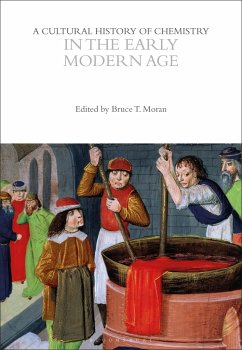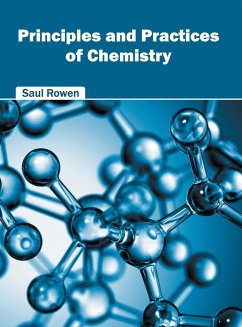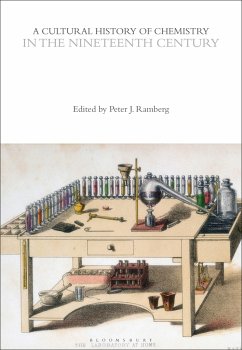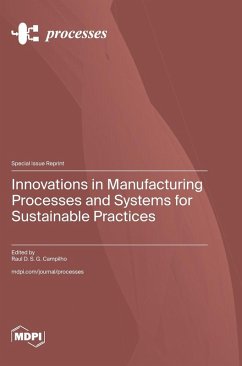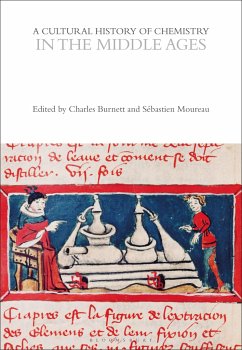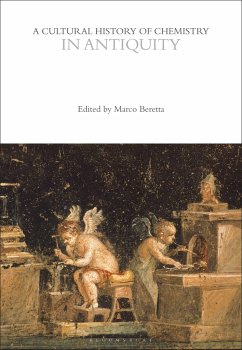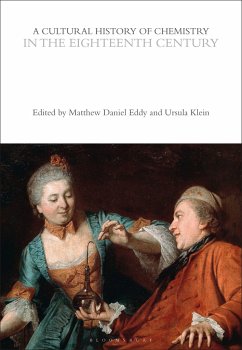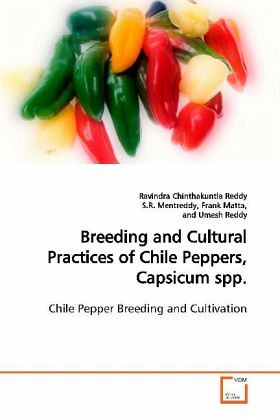
Breeding and Cultural Practices of Chile Peppers, Capsicum spp.
Chile Pepper Breeding and Cultivation
Versandkostenfrei!
Versandfertig in 6-10 Tagen
32,99 €
inkl. MwSt.

PAYBACK Punkte
16 °P sammeln!
Chile pepper (Capsicum spp.) is the third mostimportant vegetable crop in the USA. They are animportant constituent of many foods, adding flavor,color, vitamin C, and pungency, and are,indispensable to the US and world food industries.Mexico and South America are the centers of originfor most Capsicum spp. Wild Capsicum species areimportant for breeding improved chile peppers withbetter disease resistance,nutritional quality, yield,and adaptation to stress. Modernannuum-chinense-frutescens complex shows significantvariation for important traits including fruitcharacteristics, pest resistance, ...
Chile pepper (Capsicum spp.) is the third most
important vegetable crop in the USA. They are an
important constituent of many foods, adding flavor,
color, vitamin C, and pungency, and are,
indispensable to the US and world food industries.
Mexico and South America are the centers of origin
for most Capsicum spp. Wild Capsicum species are
important for breeding improved chile peppers with
better disease resistance,nutritional quality, yield,
and adaptation to stress. Modern
annuum-chinense-frutescens complex shows significant
variation for important traits including fruit
characteristics, pest resistance, and tolerance to
environmental adversaries.The C. chinense are the
hottest peppers and the bell peppers of C. annuum are
mild and non-pungent types. However, C. annuum
cultivars have early maturity, higher yields, and
adapt to a wider range of environments than other
Capsicum species. In this research, 223 accessions
belonging to C. annuum, C. baccatum, C. frutescens,
C. chinense, C. annum were evaluated for agronomic
traits and development of varieties with value-added
traits using molecular marker assisted
breeding/selection.
important vegetable crop in the USA. They are an
important constituent of many foods, adding flavor,
color, vitamin C, and pungency, and are,
indispensable to the US and world food industries.
Mexico and South America are the centers of origin
for most Capsicum spp. Wild Capsicum species are
important for breeding improved chile peppers with
better disease resistance,nutritional quality, yield,
and adaptation to stress. Modern
annuum-chinense-frutescens complex shows significant
variation for important traits including fruit
characteristics, pest resistance, and tolerance to
environmental adversaries.The C. chinense are the
hottest peppers and the bell peppers of C. annuum are
mild and non-pungent types. However, C. annuum
cultivars have early maturity, higher yields, and
adapt to a wider range of environments than other
Capsicum species. In this research, 223 accessions
belonging to C. annuum, C. baccatum, C. frutescens,
C. chinense, C. annum were evaluated for agronomic
traits and development of varieties with value-added
traits using molecular marker assisted
breeding/selection.



